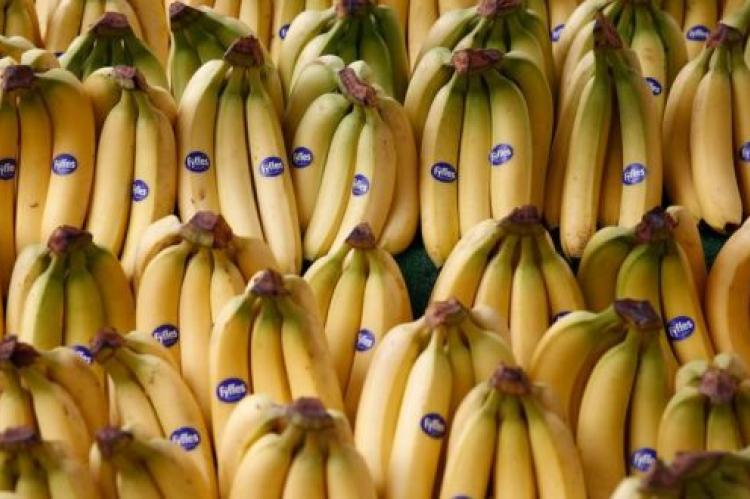Belize's Struggling Banana Industry: Facing Challenges with Fertilizer and Climate Change
By: Omar Silva, NP Staff Writer
Tuesday: 21st February 2023
Bananas are the third largest export in Belize, after sugar and citrus, and one of the oldest industries in the country. However, what many people may not realize is that after leading banana exporter Fyffes finishes exporting its cherry-picked fruit, Belizeans buy what is considered the "rejects" – for one reason or another not acceptable for the discriminating international market. This means that as many as ten thousand tons of bananas per year are rejected and left to be sold for whatever price they can fetch.
The banana industry in Belize is not geared toward the local market at all. It is geared toward the export market, with Fyffes being the main manager of the export. As a result, the fruit that is not sold abroad or is a different size, for example, is not a specific domestic production.
Today, production has decreased due to increases in input costs, especially fertilizer, as well as additional labor costs due to increases in the minimum wage. CEO of the Ministry of Agriculture, Servulo Baeza, says the industry is in a very precarious position. He noted that the Ministry has submitted a proposal to the Government of Morocco requesting assistance with fertilizer. But the Minister of Agriculture recently said that it's not that there is a shortage in bananas but rather it is the cost of acquiring the bananas, going to get it, ripening it, and then distributing it. Any way he puts it, the cost has gone up.
In fact, the domestic consumption is rejected bananas that are not fit for the export market. Those who want to buy bananas for retail would have to go and physically select and pack it, then transport it to the ripening houses. The fruit itself is free, but it costs more to transport it for further distribution. This means that even though bananas will remain available, prices will increase. It's not an easy fix.
It is believed that banana exports will be down this year by around 600 thousand to a million boxes. This is attributed to the issue of fertilizer and climate change. The change in weather patterns, rainfall, and wind currents has factored in the attack of Sigatoka on Banana plantations. Sigatoka is a disease that affects and needs deleafing to avoid further spread of the disease. When you remove those leaves, you stay with three functional leaves. Any banana plant that has three functional leaves, the fruit on that plant will not be able to export because it ripens on the voyage, and so we have a high number of bananas that cannot be exported that has to be sold locally.
The challenges facing Belize's banana industry are complex and addressing them will require both short-term and long-term solutions. For example, addressing the issue of fertilizer could involve seeking international partnerships and exploring alternative, more sustainable methods of fertilization. To address the challenge of climate change and diseases like Sigatoka, research and development of hardier banana strains could be a potential solution. However, these solutions will require a significant investment of resources, including financial, human, and technological.
In the meantime, the Belizean government and private sector could work together to develop a more robust domestic market for the "reject" bananas that are not suitable for export. This could involve working with local retailers and processors to develop new value-added products using these bananas or investing in local marketing campaigns to increase demand for them. By doing so, Belize could potentially reduce its reliance on the export market and improve the sustainability of its banana industry.
Overall, the future of Belize's banana industry remains uncertain. Still, by working together and investing in innovative solutions, it may be possible to overcome the current challenges and ensure that this vital industry continues to thrive.
- Log in to post comments

